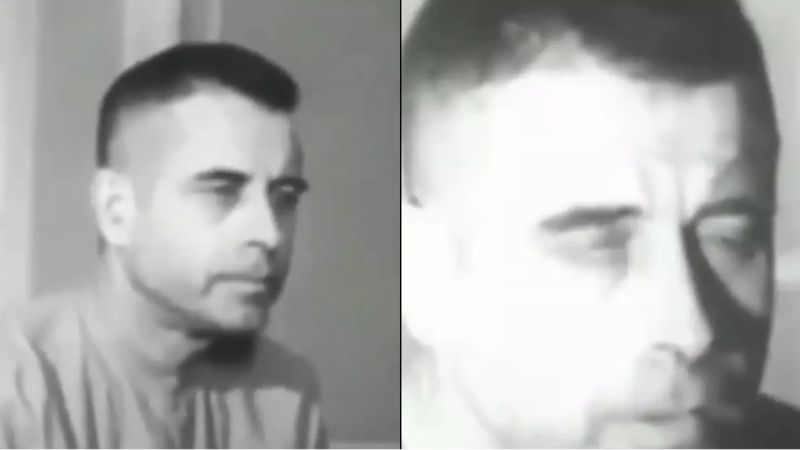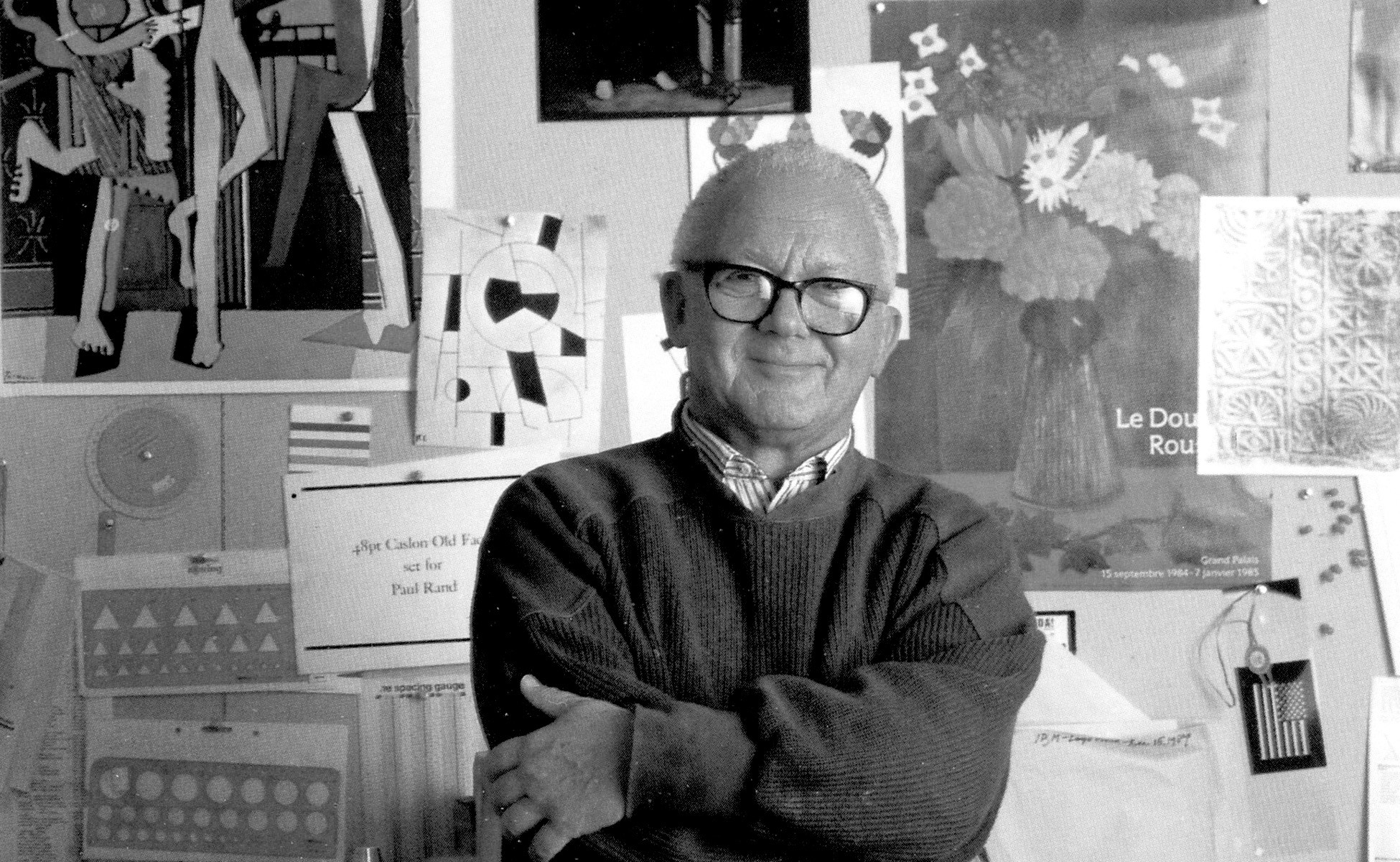Look beyond what people tell you
Read Article
↓
↓

The most effective leaders I've worked with are willing to delve deeper, asking open questions and picking up on those non-verbal cues that can reveal uncomfortable truths.
Jeremiah Denton, a US Navy pilot, was shot down in July 1965 while flying an A-6 Intruder attack plane on a bombing mission about 75 miles south of Hanoi, North Vietnam.
He went on to endure years of torture and solitary confinement while imprisoned before being released by his captors in 1973.
During a TV interview arranged by the North Vietnamese in May 1966, designed to portray Denton as a compliant, subjugated prisoner, thereby damaging the morale of the American public, Denton instead asserted his unwavering loyalty to his country.
This incredible act of defiance, bravery and resilience enraged his captors.
Denton's captors also missed that he blinked his eyes in Morse code, repeatedly spelling T-O-R-T-U-R-E.
US intelligence, quick to pick up on this subtle cue, began to piece together a picture of the maltreatment of POWs by the North Vietnamese.
This admittedly extreme example serves as a reminder that between 70% and 90% of communication is nonverbal.
Remember this when asking people if they're happy and fulfilled in their work. Binary questions will tell you what you want to hear, not necessarily what you need to hear. This might be great for your ego, but it's not so great for building outstanding teams.
The most effective leaders I've worked with are willing to delve deeper, asking open questions and picking up on those non-verbal cues that can reveal uncomfortable truths. This commitment to honesty and transparency, even when it requires serious soul-searching and a degree of vulnerability is what, in my experience, sets them apart.
This openness can go a long way to creating the safe, trusting, supportive environments people need to thrive and ultimately succeed.
And surely that's good for business.
SHARE ARTICLE




